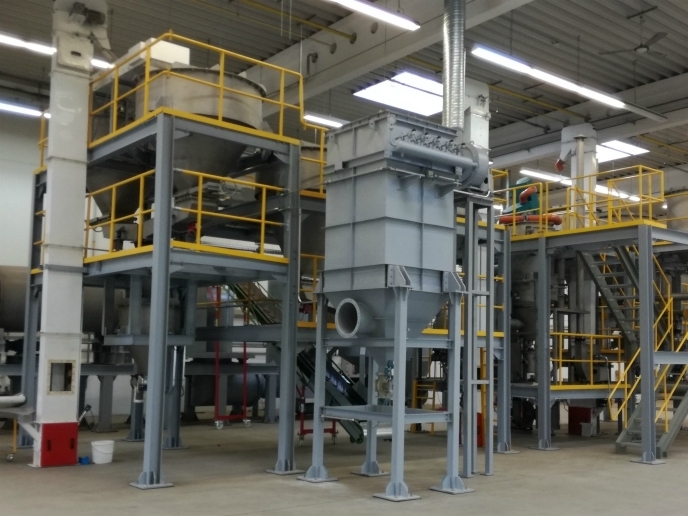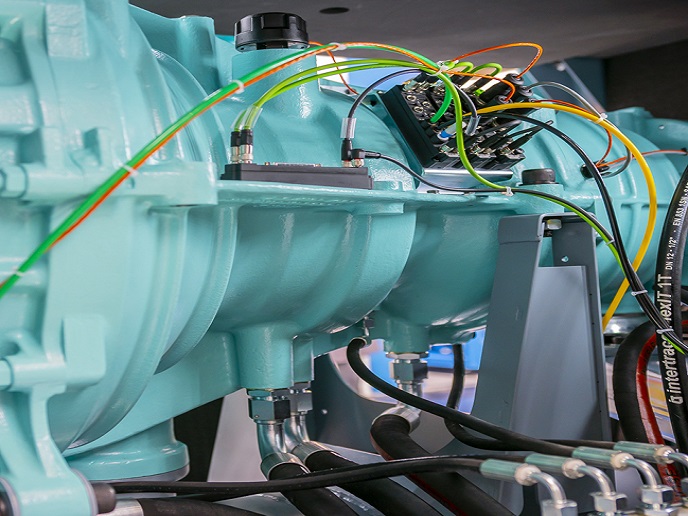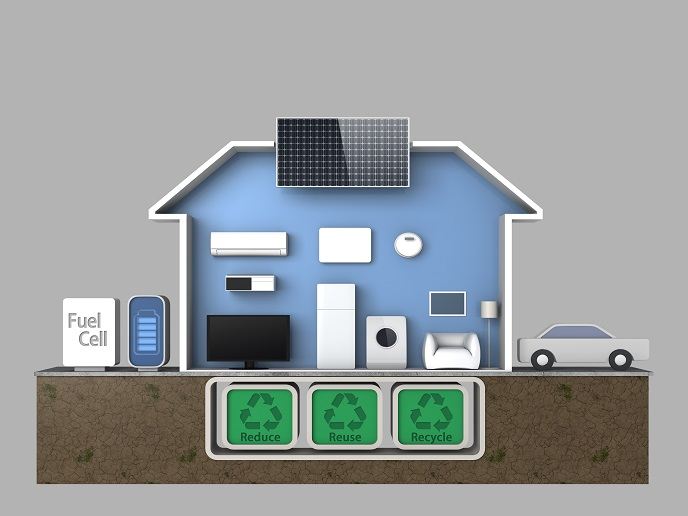Artificial sand provides green solutions for the construction sector
An ever-growing population and a continuing trend towards urbanisation mean that around 40 billion tonnes of sand are mined each year(opens in new window) to meet the world’s increasing demand for construction materials. Because sand from the desert is unsuitable as a building material, it must be mined or dredged from rivers, deltas, and coastal and marine ecosystems, resulting in environmental damage. One solution is to use ash, a by-product of coal-fired power stations and waste-to-energy (WTE) incineration plants. Although the sustainable disposal of fly ash can prove challenging due to the metals it contains, the material also possesses valuable properties that make further processing worthwhile. The EU-funded SMARTSAND(opens in new window) project developed Lypors™, an advanced engineered, artificial sand material manufactured from fly ash for use in the construction industry. “It is a superior and cost-effective alternative to natural sand, crushed stones and lightweight fine aggregates, for use in the manufacture of advanced building material derivatives such as concrete, mortars, roof tiles, tile adhesives, façades etc. It can also be used in certain niche applications like horticulture and hydroponics,” says Abbas Khan, founder and managing director at ZaaK Technologies, an innovation and technology development start-up focused on recycling industrial wastes into high-value products.
Improved physical properties
According to Khan: “Lypors™ involves a combination of mechanical, chemical and sintering processes in a simple, novel and highly scalable production process. The technology is easily integrated into the power station or WTE’s existing infrastructure and properties such as size, shape, porosity and density tailored to meet different applications or usage.” Lypors™ is not just a substitute for sand, as it has superior properties that can revolutionise the building and construction industry. For example, the material is up to 55 % lighter than normal construction sand, which means a significant reduction in transport costs and fuel savings, and increased efficiency in load distribution of buildings, resulting in savings of energy-intensive materials such as cement and steel. Furthermore, buildings made of Lypors™ can have a thermal insulation factor up to five times higher than a building using natural sand. “It also has a superior and consistent quality with zero organic impurities as opposed to natural sand, leading to a longer lifespan of mortar and concrete made of it,” notes Khan.
Economic, environmental and social benefits
ZaaK Technologies successfully designed, installed and commissioned an integrated pilot plant in Grossbeeren, Germany. “We now have a great showcase to encourage investors and customers to build industrial ‘Smart Sand’ plants in Europe, Asia and the United States. This will bring a unique building material to the market, with a positive impact on the environment due to its employment of waste material in the form of fly ash, thereby conserving the natural resource of sand,” Khan observes. Smart Sand developments will benefit stakeholders throughout the value chain – from fly ash producers who no longer need to pay disposal costs to the construction industry that now has access to high-quality construction sand material. Building end users will benefit from the increased thermal and acoustic insulation and reduced environmental impacts. In addition, the processing of fly ash and the corresponding expansion of the plants’ value chain will create new jobs. This can help to mitigate the consequences of the phasing-out of coal usage in the fight against greenhouse gas emissions and climate change. “Hence, Smart Sand supports not only economic and environmental but also political goals,” concludes Khan.







